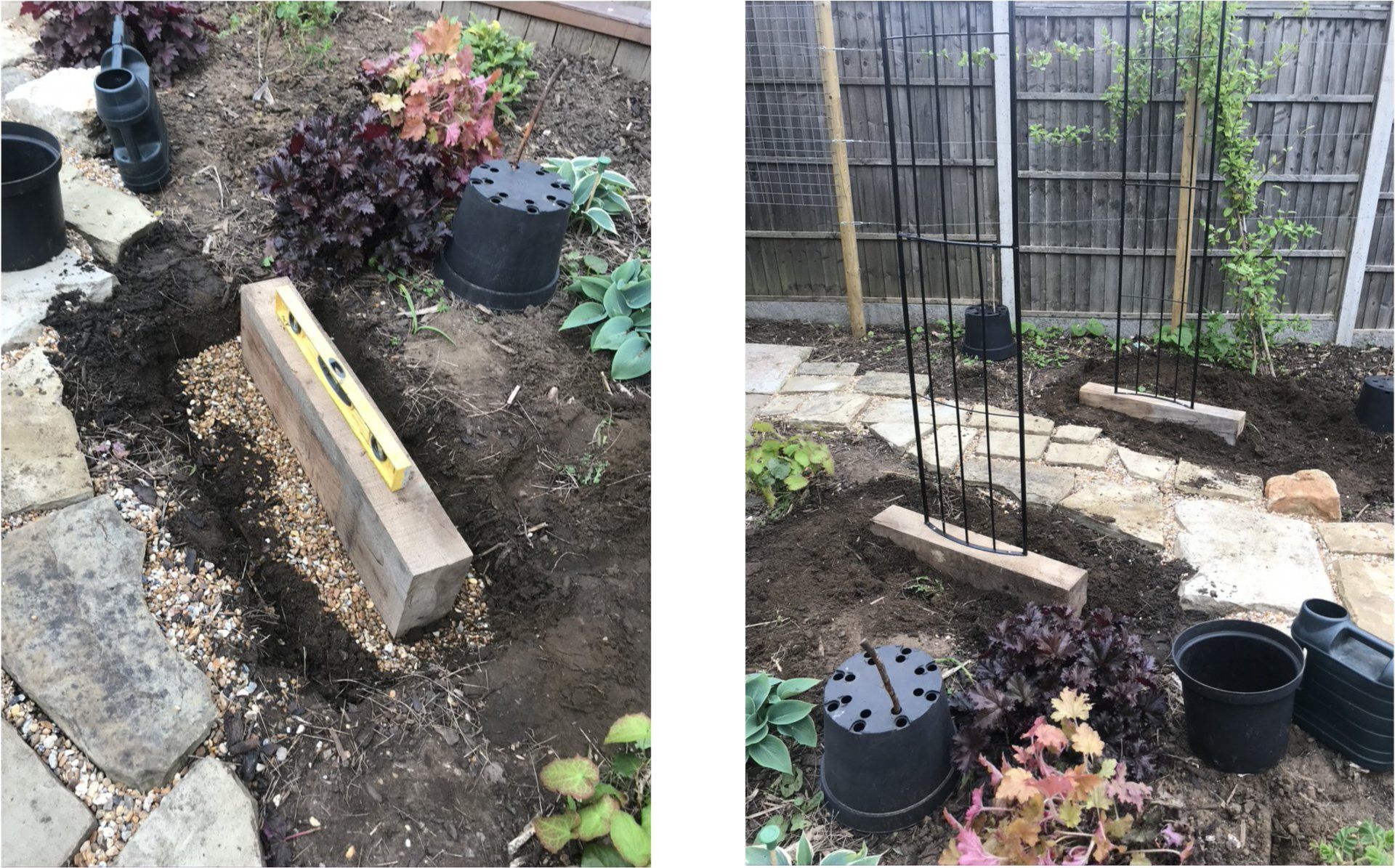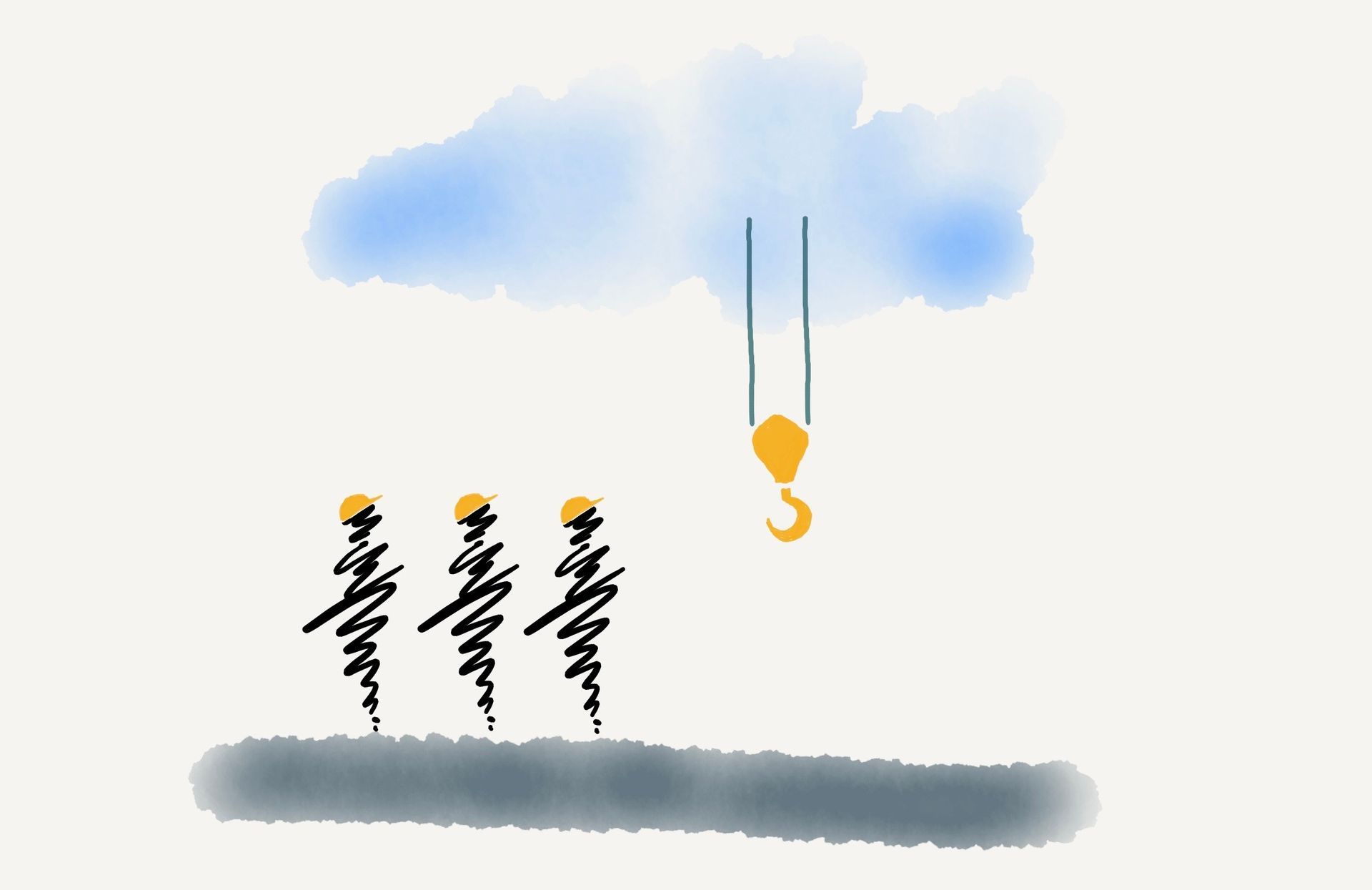Is scarcity the mother of carbon reinvention?
Will we only stop using concrete when someone forces our hand? Two gardening stories showing why we may need a crisis before construction digs out some genuinely new ideas.
I got annoyed during BBC Gardener’s World recently. Arit Anderson has filmed some excellent segments on the importance of conserving the UK and Ireland’s peat lands. They are vital carbon sinks with unique diversity of plants and animals but have become relied upon by the horticultural industry for the basic materials in most of the compost it uses.
Government had told the horticultural industry they must phase out peat by 2020, but it missed that deadline by some distance! Now the promise is to ban sale of peat-based composts to gardeners by 2024 and stop its professional use by 2030.
But the words used by the industry interviewees didn’t give me any confidence that commercial plant growers are serious about hitting these new targets. They will do it so long as alternatives were available that allowed them to continue to deliver high quality plants to consumers. To paraphrase: “if it means Mrs. Mingies can’t continue to get great petunias, then the environment can go to hell.” They are preparing to fail, not planning to succeed.
I had no option other than to innovate and, after a couple days tucked in the back of my head, the solution popped out. We have very stable, sandy ground and quite a lot of oak sleeper offcuts. By raising the top of a sleeper above the surrounding ground the bottom of the arch should rust more slowly than if I’d used concrete. And it’s carbon-free and uses things I already had. Better, cheaper, and also faster! Win, win, win!
But this zero-carbon, better solution wouldn’t have happened if there’d been some cement in Homebase. I’d have lazily drifted into ‘business as usual’.
The horticultural industry really needs to have peat taken away from it now. The uninventive will struggle but the innovators and entrepreneurs will come up with new peat-free composts and be hugely successful.
In construction, zero carbon innovation is slowly happening – but too slowly for a climate emergency. There isn’t enough urgency. To really stimulate change, do we just need concrete taken away from us? What might a cement-free basement be like? How could a site do without blinding?
Radical solutions would turn up if we were faced with no other alternative than zero-cement. Some might even be better or cheaper! Do we need a bigger crisis before we all do what’s we know we obviously have to?







